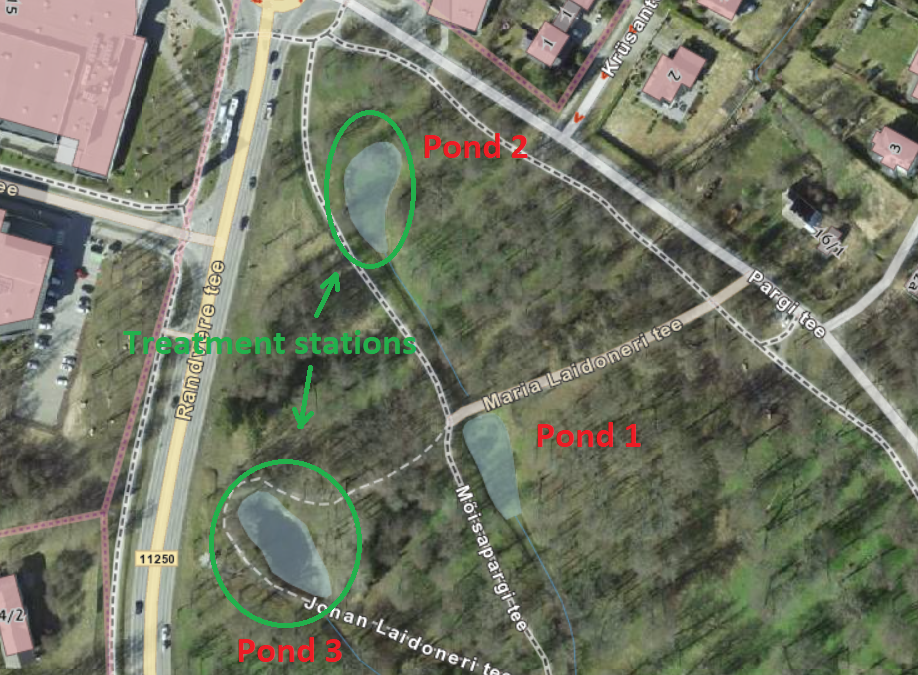
by office@baltcf.org | Jul 2, 2024
WaterTreatment Park The Viimsi municipality with around 23,000 inhabitants at the Estonian Baltic Sea coast is located on a peninsula – and on 70 meters of blue clay that water cannot penetrate. This means that the stormwater runoff from rain and melting snow,...
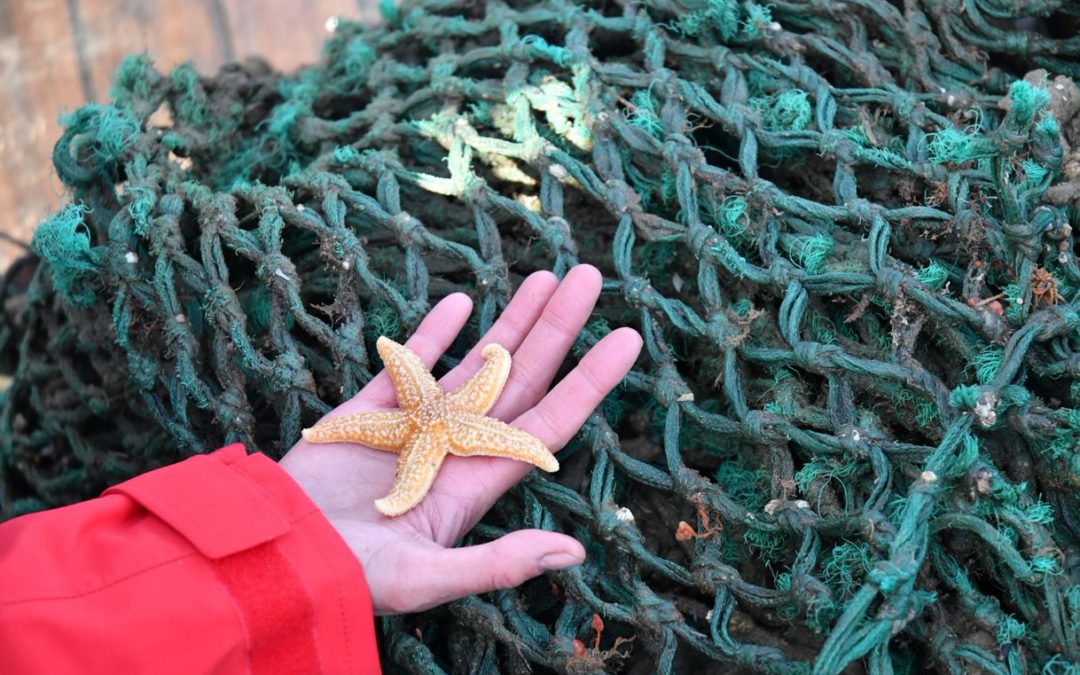
by office@baltcf.org | May 31, 2022
Baltic Sea Ghost Nets Every year approx. 640,000 tons of fishing material are lost at sea worldwide. In the past the Baltic Sea has been seen a lot of fishing activity, therefore many nets were lost at sea or abandoned and now remain a deadly threat to marine life at...
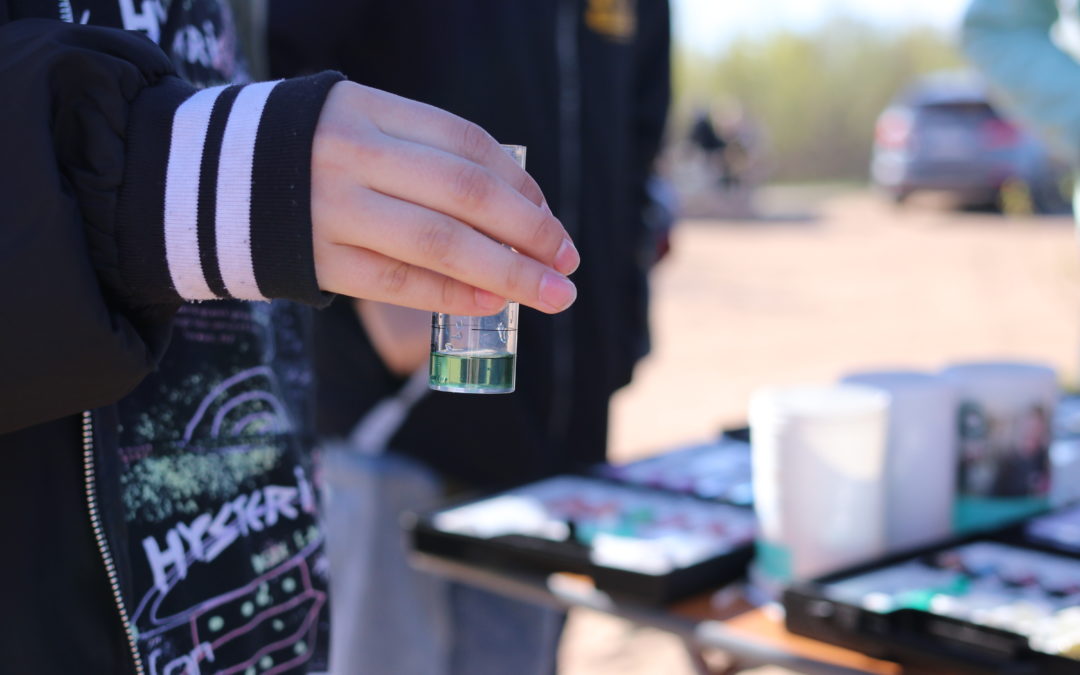
by office@baltcf.org | May 30, 2022
Organic waste for the soil, not for the sea In the Eastern part of the Gulf of Finland basin, farms and households produce biogenic pollutions to rivers, springs and the Baltic Sea. Common sources are small scale agriculture run-off, gardening communities and...
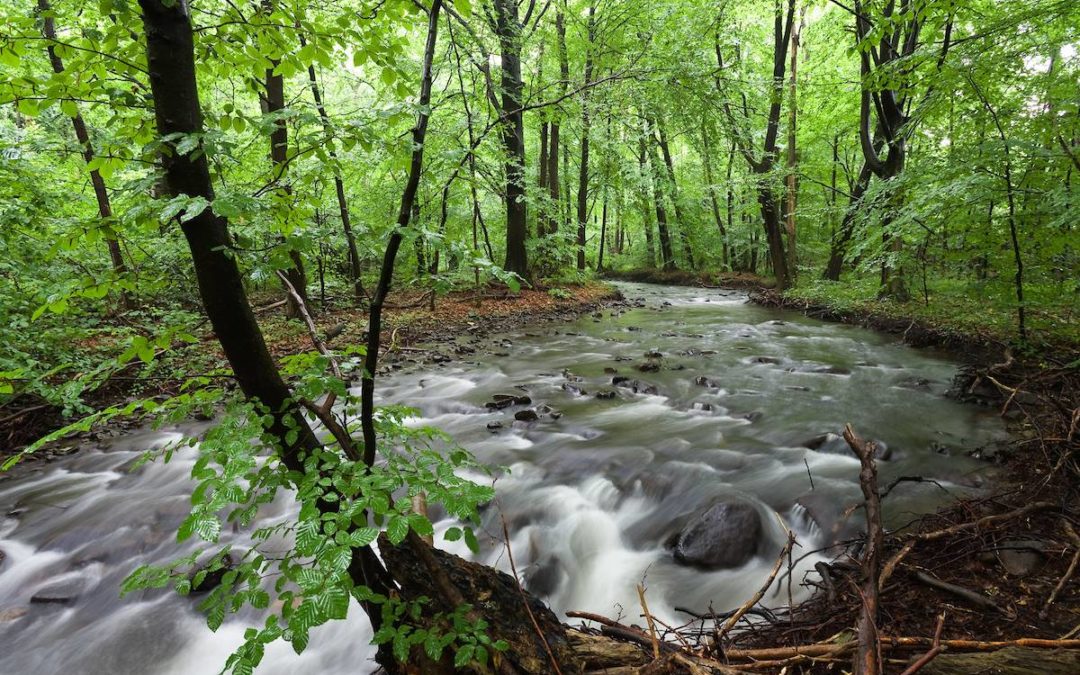
by office@baltcf.org | Jan 26, 2022
Rewilding the Ina river for a cleaner Baltic Sea The Szczecin Lagoon its surroundings is one of the most polluted parts of the Baltic Sea, contributing to the latter’s eutrophication. Major ecological problems are related to pollution caused by agriculture but also by...
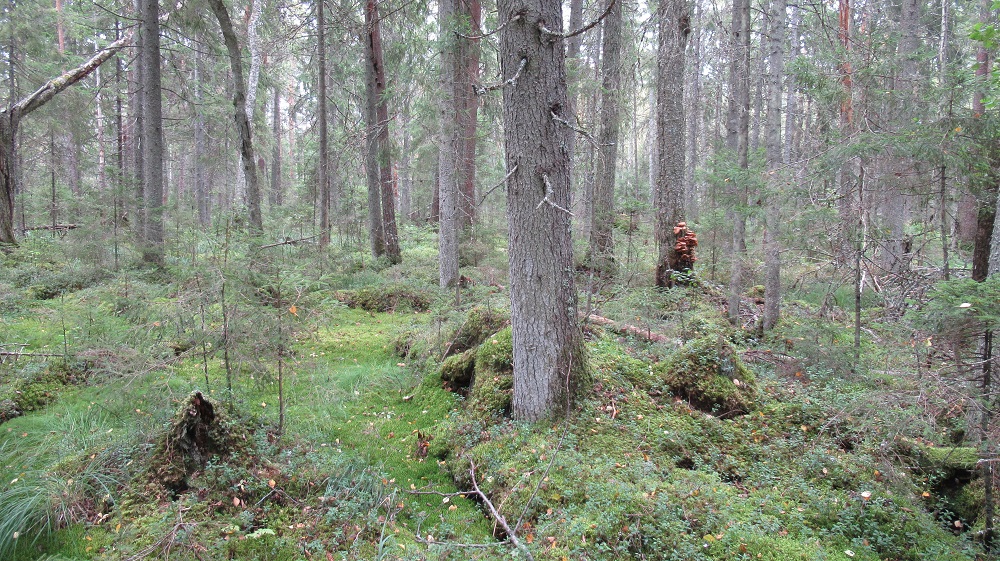
by office@baltcf.org | Jan 26, 2022
Woodland Key Habitats – continuation After the successful conclusion of the original Woodland Key Habitats project funded by BaltCF, more than 8,000 ha of new WKH were mapped and submitted for government protection in Estonia. This project continues this work:...





